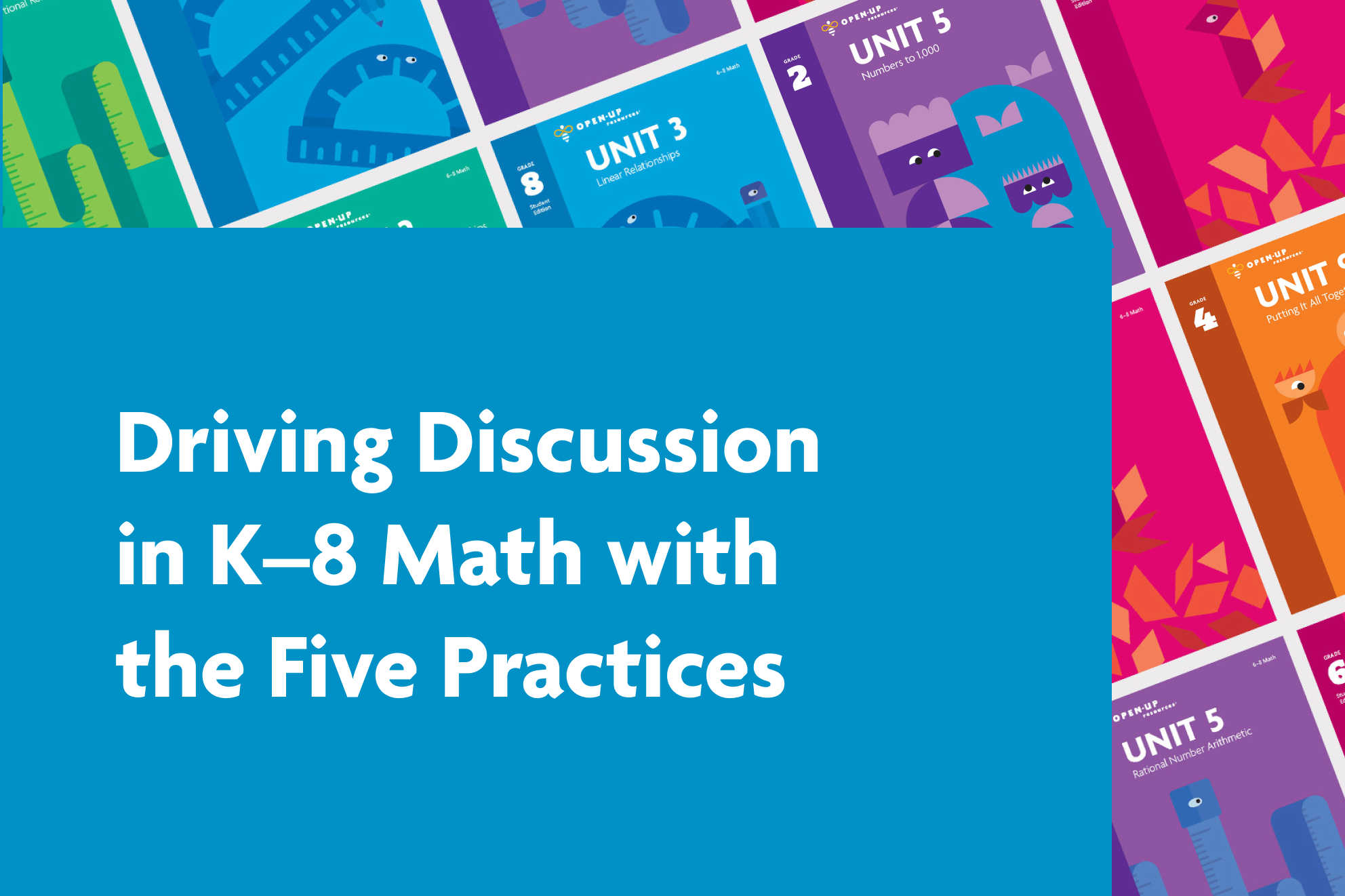In the ever-evolving world of education, effective professional learning is pivotal in ensuring that educators are well-equipped to meet the diverse needs of their students. The National Institute for Excellence in Teaching (NIET) has outlined six crucial actions that leaders can take to support professional learning.
Let’s delve into these strategies to understand how they can transform the landscape of education:
- Focus on Leaders First
To foster a culture of continuous improvement, it’s essential to begin with leadership. Effective leaders set the tone for professional learning by embracing it themselves. They lead by example, demonstrating a commitment to growth and development, which in turn inspires their staff.
- Create Time, Structures, and Formal Roles for Ongoing, School-Based Collaborative Professional Learning
Professional learning should not be an afterthought but an integral part of a teacher’s routine. Leaders should allocate time for collaborative learning, establish structured frameworks, and assign formal roles to ensure that learning is ongoing and meaningful. This approach empowers teachers to share best practices and collectively address challenges.
- Adopt a Research-Based, Instructional Rubric to Guide Conversations About Teaching and Learning with the Curriculum
Utilizing a research-based instructional rubric provides educators with a common language and framework to evaluate their teaching practices in alignment with the curriculum. This fosters a shared understanding of expectations and promotes consistency in instructional quality.
- Anchor Coaching and Feedback in the Curriculum
Effective coaching and feedback should be closely tied to the curriculum. Coaches should help teachers connect curriculum materials to instructional strategies, providing targeted support and actionable feedback. This alignment ensures that professional learning is directly relevant to classroom practice.
- Recognize the Stages of Curriculum Implementation and What Teachers Need to Progress to Higher Stages
Curriculum implementation is a journey, and educators may be at different stages of this process. Leaders must recognize these stages and tailor professional learning accordingly. By understanding where teachers are on this continuum, leaders can provide the necessary support to help them progress to higher stages of curriculum implementation.
- Ensure That Districts Work Closely with Schools to Plan for, Communicate, and Implement School-Based Professional Learning That Blends Support for Curriculum and Instructional Practice
Effective collaboration between districts and schools is vital in creating a seamless professional learning experience. Leaders should work closely to plan, communicate, and implement school-based professional learning initiatives that align with both the curriculum and instructional best practices. This collaborative effort ensures that all stakeholders are on the same page and working towards common goals.
In short, these six actions outlined by NIET provide a comprehensive roadmap for leaders to enhance professional learning in their educational communities. By prioritizing leadership, fostering collaboration, and aligning professional development with the curriculum, leaders can empower educators to continually improve their teaching practices, ultimately benefiting the students they serve. Through these deliberate efforts, education can evolve to meet the dynamic needs of our learners in the 21st century.
To learn more about professional learning opportunities with Open Up Resources, contact us today.













